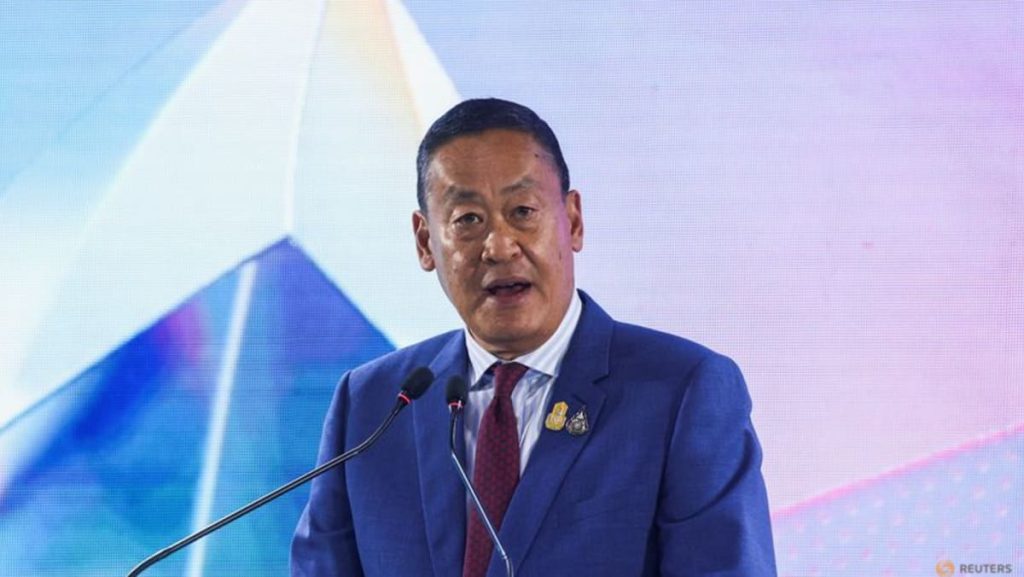Thailand is expected to re-list cannabis as a narcotic by the end of the year, reversing the decision made just two years ago to decriminalize its recreational use. The Prime Minister, Srettha Thavisin, made this announcement on social media, stating that cannabis will only be allowed for health and medical purposes. Despite the growing retail sector for marijuana in Thailand, with an estimated worth of up to US$1.2 billion by 2025, the government is keen on clamping down on its use.
The liberalization of cannabis in Thailand began in 2018 when it was decriminalized for medical use, followed by recreational use in 2022. However, critics argue that this decision was rushed and led to confusion regarding rules and regulations surrounding its use. Prime Minister Srettha’s decision to re-list cannabis as a narcotic signals a shift towards a more strict policy on drug control. Srettha emphasized the need for authorities to dismantle drug operations, confiscate assets from drug dealers, and provide treatment for those addicted to drugs.
During a meeting with agencies involved in narcotics suppression, Srettha urged for clear progress within the next 90 days in tackling the drug problem in Thailand. He emphasized the impact that drug addiction has on the youth and the future of the country, highlighting the urgency in addressing the issue. In addition to re-listing cannabis as a narcotic, Srettha also called for a redefinition of drug possession under the law, from “small amount” to “one pill”, to facilitate stricter enforcement by authorities.
The rapid growth of the cannabis retail sector in Thailand over the past two years has been significant, with tens of thousands of shops and businesses cropping up in the industry. However, the government’s decision to re-categorize cannabis as a narcotic indicates a tightening of regulations and a crackdown on its recreational use. This decision is likely to impact the businesses operating in the sector, with increased restrictions on the sale and use of cannabis expected.
The shift in Thailand’s drug policy, particularly regarding cannabis, reflects the government’s commitment to tackling drug-related issues in the country. By re-listing cannabis as a narcotic and focusing on health and medical usage only, the government hopes to address the challenges posed by drug addiction and illicit drug operations. The stricter enforcement measures proposed by Prime Minister Srettha aim to disrupt drug networks, confiscate assets from dealers, and provide treatment for those affected by drug addiction.
In conclusion, Thailand’s decision to re-list cannabis as a narcotic signifies a reversal in the country’s drug policy, moving towards a more stringent approach to drug control. While the cannabis retail sector has experienced rapid growth in recent years, the government is keen on curbing its recreational use and focusing on health and medical purposes only. The government’s emphasis on dismantling drug operations, confiscating assets from dealers, and providing treatment for those addicted to drugs demonstrates a commitment to addressing the issue of drug addiction in Thailand.


